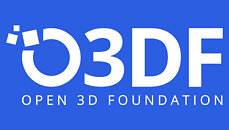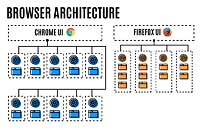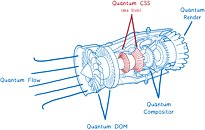
Microsoft Pulls Windows 11 24H2 from Release Preview Channel, Build Riddled with Bugs
Microsoft has unexpectedly halted the rollout of the upcoming Windows 11 24H2 update to Windows Insiders on the Release Preview Channel. The pause was quietly announced through an update to the original release blog post, which had initially touted the preview's new features like Wi-Fi 7 support, Sudo for Windows, Rust in the Windows kernel, and various UI enhancements. Microsoft has not provided an official reason for hitting the brakes on the 24H2 preview rollout. Brandon LeBlanc, the Windows Insider Senior Program Manager, simply stated, "We are working to get it rolling out again shortly."
However, a glimpse at the Microsoft Feedback Hub reveals a multitude of issues reported by Insiders testing the 24H2 build. Complaints range from application freezes and performance degradation to VPN connectivity problems. Some users have even taken to social media to voice their frustrations, with one describing the Arm version as a "disastrous, worst 'release' preview I can remember." The Release Preview Channel is typically recommended for commercial users and those wanting to test upcoming Windows releases before general availability. Meanwhile, the Dev Channel caters to users who are comfortable with instability and rough edges. As The Register notes, the current situation echoes Microsoft's troubled rollout of the Windows 10 October 2018 Update, which contained a data deletion bug.
However, a glimpse at the Microsoft Feedback Hub reveals a multitude of issues reported by Insiders testing the 24H2 build. Complaints range from application freezes and performance degradation to VPN connectivity problems. Some users have even taken to social media to voice their frustrations, with one describing the Arm version as a "disastrous, worst 'release' preview I can remember." The Release Preview Channel is typically recommended for commercial users and those wanting to test upcoming Windows releases before general availability. Meanwhile, the Dev Channel caters to users who are comfortable with instability and rough edges. As The Register notes, the current situation echoes Microsoft's troubled rollout of the Windows 10 October 2018 Update, which contained a data deletion bug.







